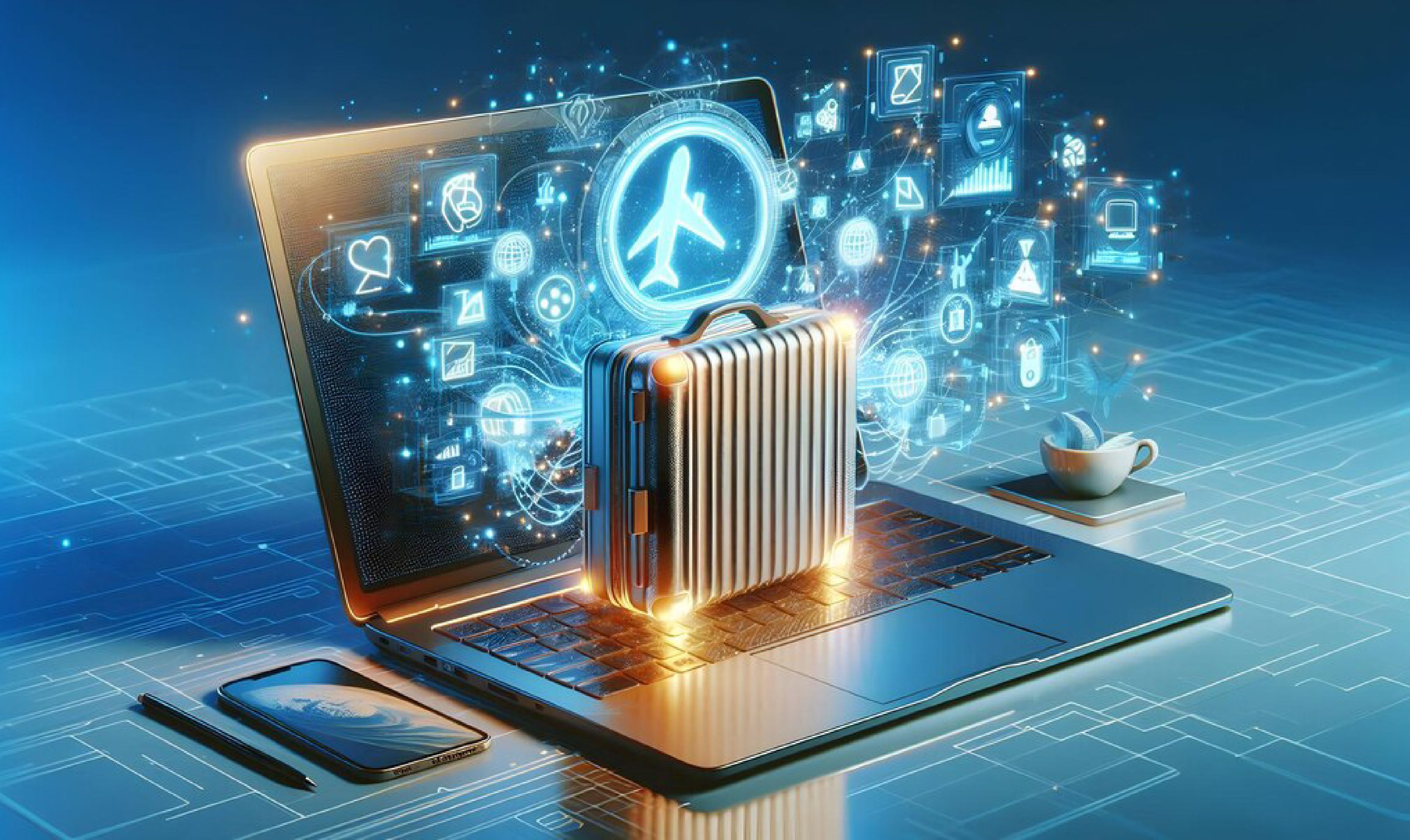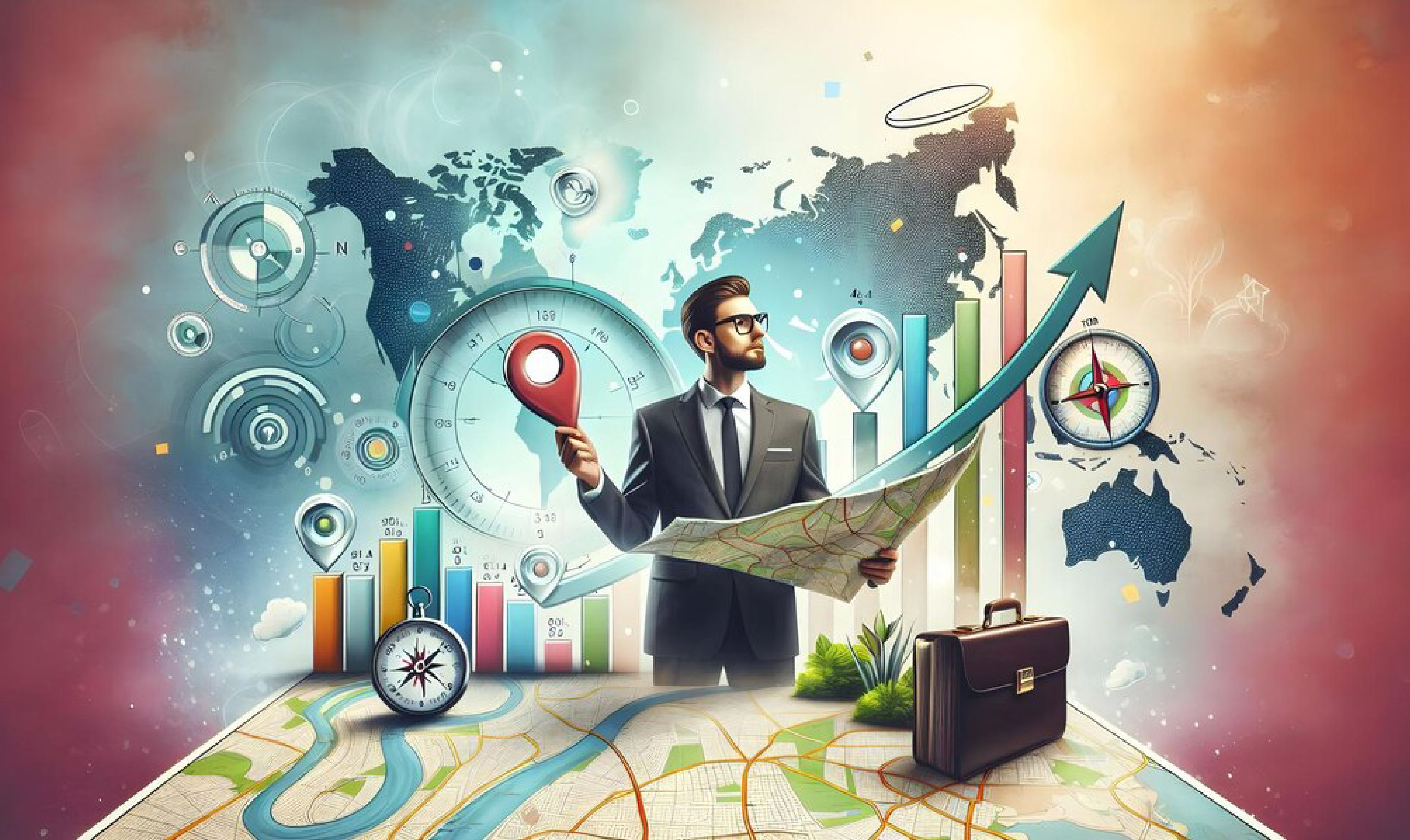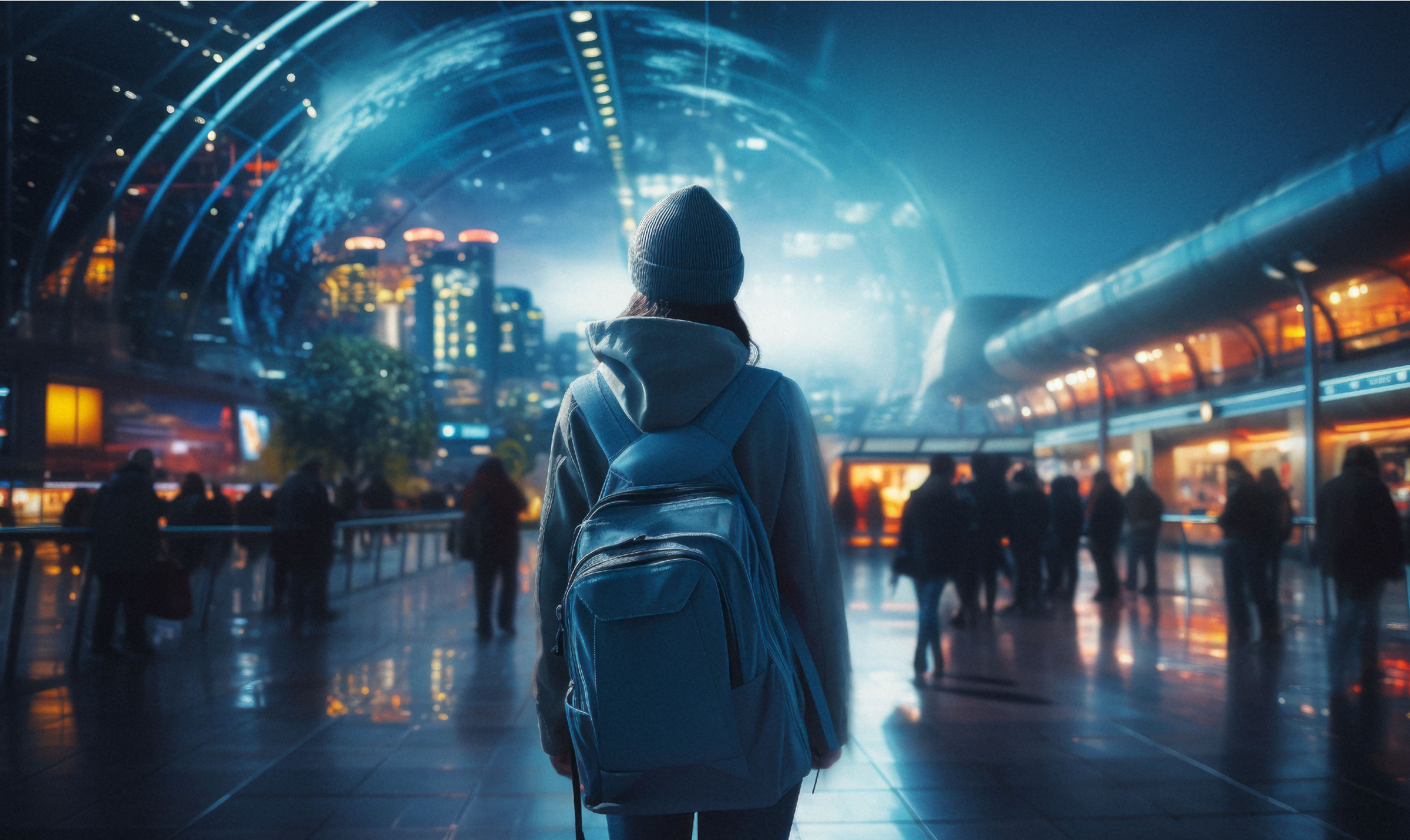In recent years, the travel and tourism industry has undergone a massive transformation in terms of technology. When AI was rolled out, travel companies were at the forefront of adopting it. As per the latest research, one in every two companies is using AI to offer a better customer experience. It is being used to guide travelers through every stage of their journey. They use AI trip planners and virtual chatbots not only to provide efficient services but also to personalize the total experience. AI is integrated within the industry to predict needs before they arise and open up new possibilities with minimal human effort.
AI can be used multiple times, including recommending travel destinations, answering questions, and automating regular tasks. It analyzes large datasets to offer contextual answers, break down linguistic barriers, and offer a more empathetic response. In this blog, we will discuss the topic of the travel industry and the use of generative AI in detail. We will see how it is transforming the tour planning process, and the pricing structure, ensuring the people have a positive experience.
Role of AI in Travel and Tourism Industry

AI enables highly personalized travel planning and recommendations by offering 24/7 assistance, handling inquiries and bookings, and even resolving complaints in real time. It is making travel inclusive by breaking down barriers and ensuring customer engagement and brand loyalty.
AI Travel Planners
When planning an upcoming trip, people might not have answers for a lot of things. It can be related to the destination, the best time to visit, or which hotels would be the best choice. What can they do aside from Google-ing things? Ask their AI travel assistant. It can go through your travel history, budget preferences, and even social media activity to personalize the recommendations. This also includes hotel recommendations in your favorite destination and local sightseeing locations. This is personalization on a whole other level, which not only saves you time but also allows you to enjoy your trip.
AI Virtual Assistants
AI-powered virtual assistants are revolutionizing customer service by providing instant, round-the-clock support to travelers. These chatbots can handle a wide range of tasks, from answering frequently asked questions about booking policies to assisting with complex itinerary changes. They can communicate in multiple languages, understand context, and even detect sentiment in a customer's messages to provide more empathetic responses.
For example, if a traveler messages an AI bot at 2 AM about nearby pharmacies, it can not only provide the information but also offer to contact the front desk for further assistance, understanding it might indicate a health concern.
Experience Seamless Travel Booking
AI can be used to streamline the booking experience and make it more intuitive. People don’t search locations or hotels using rigid search parameters, right? The chatbots and travel planners understand that, and offer search results for more flexible queries. This can play a significant role in improving travelers' customer experience.
AI-based Language Translation
Language translators have been making the lives of travelers easier for a long time. They also support audio and visual translations to tear down the language barrier. However, what many of those translators lacked was an understanding of the nuance. Each language uses a single word to define a different thing based on the circumstance.
AI assistants can understand the nuance and provide cultural context and etiquette tips, helping travelers navigate unfamiliar social norms and customs. This not only enhances the travel experience but also promotes more respectful and meaningful cultural exchanges.
Better Customer Service
Travel companies are using AI for providing better customer care service, through dynamic pricing, sentiment analysis, and generating responses. This market is quite unstable, and the prices can fluctuate a lot. AI can fetch this data in real-time, allowing people to choose a budget-friendly option. It can also detect people’s sentiments towards the brand, the trip, and the level of customer service provided by the company. Using this feedback, travel and tourism companies can curate their offerings and emulate customer satisfaction. It can also give humanized answers, instead of run-of-the-mill generic ones, which consumers greatly celebrate.
Application of AI in the Travel & Tourism Industry

Predicting Occupancy Rate
Advanced algorithms like Machine Learning and Natural Language Processing can be used to predict a hotel’s occupancy rate during particular seasons. They can analyze historical booking patterns, seasonal trends, weather patterns, and market conditions to predict the peak season. This allows the hotels to offer the right information to customers about room availability.
On the other hand, this would help consumers to look for rooms elsewhere, instead of going to a hotel that is already packed. The hotels can also use this data to work on staffing and allocate resources accordingly. This is one example of how hotels are using AI to improve customer experience. Marriott has already started using this technology to predict future trends with higher accuracy and dynamically adjust the pricing.
Biometrics
Nowadays, airports and other terminals are using biometrics to ensure a seamless and trouble-free experience. AI in biometrics is enhancing security and accuracy in identity verification by analyzing facial features, and voice patterns. With AI-driven algorithms, biometric systems can more effectively recognize and authenticate individuals, adapting to changes over time and detecting potential fraud. This technology is increasingly used in security, finance, and healthcare, offering a more secure and efficient way to manage identity.
Los Angeles International Airport has introduced an AI-based facial recognition system for passenger screening. They can click a picture in a kiosk, which can be matched against the existing database. This has improved the boarding time by 15% and has a positive effect on the airport’s internal operations.
AI Integration with IoT
Integrating AI with IoT can open up new frontiers in travel and tourism, making it more accessible to the masses. It can also create opportunities in virtual tourism, sustainable tourism, and other aspects. A lot of airports have started using these technologies, which calculate occupancy levels, and help drivers to identify an empty parking spot. This can play a vital role in reducing congestion and enhancing traveler’s experience in the airport.
Use Cases of AI in Tourism
Airbnb
As we have stated before, AI can be used to offer personalized customer experience. Airbnb uses this technology to do exactly that. The machine learning algorithms go through the user data, including past bookings, preferences, local and seasonal events, and length of stay. Apart from that, it also analyzes browsing history, group size, and location wishlists to provide recommendations. AI has improved consumer engagement and created a more integrated and seamless experience for consumers.
Expedia
Expedia has launched an Alexa-enabled feature to allow users to search and book travel using voice commands. People can search for flights and hotels, check flight status or rentals, or access itinerary information. They can also ask for packing suggestions based on destination and weather.
Expedia is planning on enhancing the AI's ability to provide more detailed travel recommendations and to integrate it with in-car systems for on-the-go travel assistance. These expanded use cases demonstrate the significant impact AI is having on the travel and tourism industry, enhancing customer experiences, improving operational efficiency, and opening up new possibilities for personalized travel services.
Hilton
Hilton uses AI and IoT to offer a connected room environment for users. It enables users to use a mobile app to control room temperature, lighting, and entertainment systems. Moreover, it can be used for AI-enabled temperature adjustment based on occupancy and time of day. Or, people may use it to receive personalized TV content recommendations based on viewing history. The entire system remembers guest preferences, ensuring a consistent experience for frequent travelers.
Hopper’s
Hopper, a travel booking app, uses AI to predict flight prices with 95% accuracy up to a year in advance. It analyzes billions of price points, seasonality, oil prices, events, and historical trends. It also monitors competitor pricing and seat availability and provides answers on whether to book now or wait for a better price. The app also offers a price freeze feature, allowing users to hold a price for a small fee. This enables people to save money by booking at the optimal time, which increases user trust and loyalty. Hopper is expanding its AI capabilities to predict hotel prices and offer personalized package deals combining flights, accommodations, and activities.
Challenges

Although there are numerous events where using AI for customer service would be the best option, it is still far from perfect. Companies still have to work around issues like data quality and security, privacy concerns, and biases. Also, this is one industry where people crave human experience, so they need to maintain a balance between the two. So, when discussing the travel industry and the use of generative AI, we have to think about these issues.
The travel and tourism industry has embraced AI technology to revolutionize customer experience at every touchpoint. By leveraging AI for customer service, companies are not only improving efficiency but also creating more empathetic and contextual interactions, leading to increased customer satisfaction and loyalty.
As the travel industry continues to evolve, we're seeing innovative applications that go beyond basic customer service. AI is being utilized to predict hotel occupancy rates, optimize pricing strategies, and even enhance security through biometric systems at airports. As AI technology continues to advance, we can expect even more sophisticated travel AI solutions that will further transform the industry and elevate the overall customer experience.

